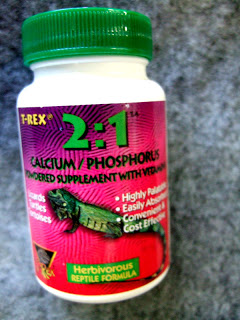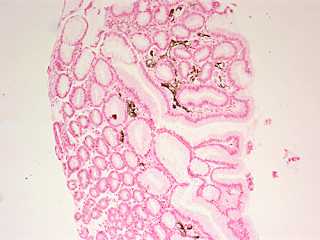Re-Evaluating the Ca x P Product
Heard an excellent presentation at our Renal Grand Rounds today by Dr. Charles O’Neill of Emory University, regarding the process of pathologic calcification in CKD/ESRD patients. One of the points I took away from this talk is that…










